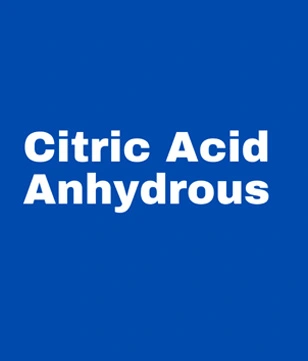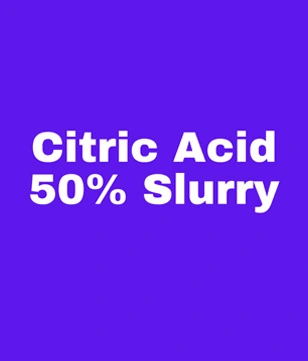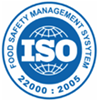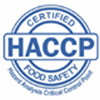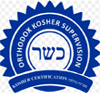CITRASTAR: Your Trusted Source for Premium Citric Acid
Geocon Products specializes in producing a diverse range of Citric Acid in Powder and Slurry forms, adhering to international standards. Our offerings include Citric Acid Anhydrous and Citric Acid for Oil Drilling Grade, available in crystal and 50% slurry form.
Citric Acid is a milder acid alternative, distinct from harsher acids, forming various metallic salts, such as those with copper, iron, manganese, magnesium, and calcium. These salts are extensively used in industrial processes as sequestering agents.
In the Food and beverage industry, Citric Acid enhances flavor due to its acidic nature, significantly augmenting lemony tastes in various products. It's a key ingredient in beverages, pickles, sauces, jams, salad dressings, sandwich spreads, and cottage cheese production.
The Citrastar grades of Citric Acids are globally recognized, compliant with USFDA, Halal, Kosher, ISO 22000, and HACCP standards, and are a staple in sodas, juices, powdered beverages, candies, frozen foods, and dairy products across the USA, Canada, and Europe.
Beyond culinary uses, Citric Acid finds applications in construction, oil well drilling, cementing, and cleaning products. In the Oil and Gas sector, particularly in the USA, Canada, and Gulf countries, it serves as a chelating agent in drilling, efficiently reducing the alkalinity of water-based drilling fluids and sequestering iron during oilfield completion and stimulation operations. Our production facilities for slurry are strategically located near Houston, Texas, enabling us to manufacture a 50% Citric Slurry in water efficiently. This prime location allows us to facilitate the distribution of our slurry products across North America and Canada, utilizing both tankers and totes for effective and timely dispatch.
Citric Acid also plays a role in oil well cementing, acting as a retardant. Its eco-friendly nature makes it a safer choice for pH adjustment in various drilling and waste management fluids. In industrial cleaning, Citric Acid is an effective ingredient in many products, including auto and metal cleaners, oven and dishwasher cleaners, all-purpose and bathroom cleaners, and laundry detergents. Its efficacy extends to removing soap scum, hard water stains, calcium deposits, lime, and rust.
Acknowledging its environmental impact, Citric Acid is water-soluble, biodegradable, and poses minimal threat to aquatic life. Meeting FDA standards, it's widely accepted in the USA and Canada.
Geocon Products offers extensive support in the USA, particularly in oil well drilling and cementing hubs like Houston, Texas, and in the nutraceuticals and food markets of New York, New Jersey, Philadelphia, and Michigan, with a network of agents and representatives ensuring seamless delivery and technical support. Our Citric Acid complies with FDA and Kosher standards, affirming its quality and acceptance in various markets.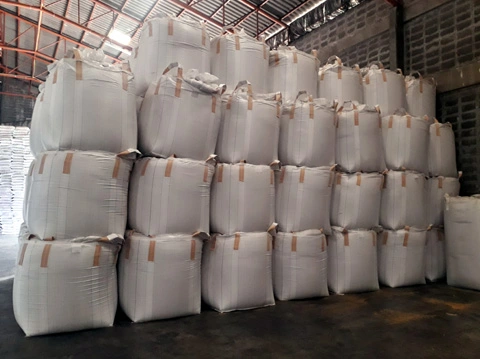
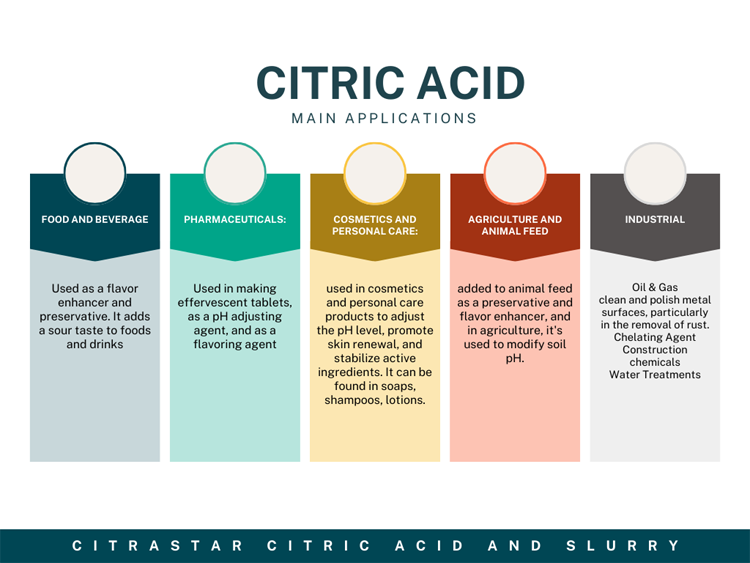
FAQ
- What is Citric Acid?
Citric acid is a weak organic acid commonly found in citrus fruits, especially lemons and limes. It is known for its sour taste and is widely used in the food and beverage industry as a flavor enhancer and preservative. - How is Citric Acid Produced?
Commercially, citric acid is produced through fermentation, usually using the mold Aspergillus niger, which ferments sugars derived from corn or molasses to produce citric acid. - Is Citric Acid Natural or Synthetic?
Citric acid can be both. Naturally, it occurs in citrus fruits. The commercially produced citric acid, made through a natural fermentation process, is considered synthetic. - What are the Uses of Citric Acid?
It is widely used in food and beverages as a flavor enhancer and preservative. It's also used in pharmaceuticals, cleaning agents, and cosmetics for its acidic properties. - Is Citric Acid Safe to Consume?
Yes, citric acid is generally recognized as safe (GRAS) by food safety authorities. However, some people might experience allergies or sensitivities to it. - Can Citric Acid Affect Health?
In moderate amounts, it is safe. However, excessive consumption can lead to dental erosion, upset stomach, or allergic reactions in sensitive individuals. - Does Citric Acid Contain Vitamin C?
No, citric acid differs from Vitamin C (ascorbic acid), though it is both found in citrus fruits. - Can Citric Acid be Used in Cleaning?
Yes, its acidic nature effectively removes scale and grime, especially in kitchen and bathroom cleaning. - Is Citric Acid Vegan?
Commercial citric acid, produced through microbial fermentation, is generally considered vegan. - How is Citric Acid Listed in Ingredients?
In food and beverage products, it is typically listed as 'citric acid' in the ingredients list. - How is Citric Acid used in the Oil and Gas industry?
Citric acid is utilized extensively in the oil and gas industry, chiefly for its chelating abilities and efficacy in pH control. A primary application is removing rust and scale from drilling equipment and pipelines. Its chelating properties effectively dissolve iron oxides (rust) and calcium carbonate (scale), which often accumulate on metal surfaces. Additionally, citric acid plays a crucial role in maintaining the pH balance of fluids during drilling and hydraulic fracturing, either by lowering the pH or neutralizing alkaline substances. As a chelating agent, it binds with metal ions like iron, calcium, and magnesium, commonly found in high concentrations in underground formations. This binding is essential to prevent these metals from hindering the drilling process or affecting the extracted oil and gas composition. Citric acid also aids in preventing formation damage in enhanced oil recovery processes by ensuring that formation matrices remain free from scale and other deposits, thus maintaining permeability. While citric acid can accelerate corrosion under certain conditions, it is often used with other inhibitors to protect equipment. Its biodegradable nature also makes it a preferred cleaning agent, aligning with the industry's environmental regulations and sustainability goals.
Industries We Serve

Food and Beverage
Food and Beverage

Oil Drilling
Oil Drilling

Cleaning and Detergent
Cleaning and Detergent

Water Treatment
Water Treatment

Cosmetics
Cosmetics

Electoplating
Electoplating
Contact Us for Product Information and Further Support

Certifications


